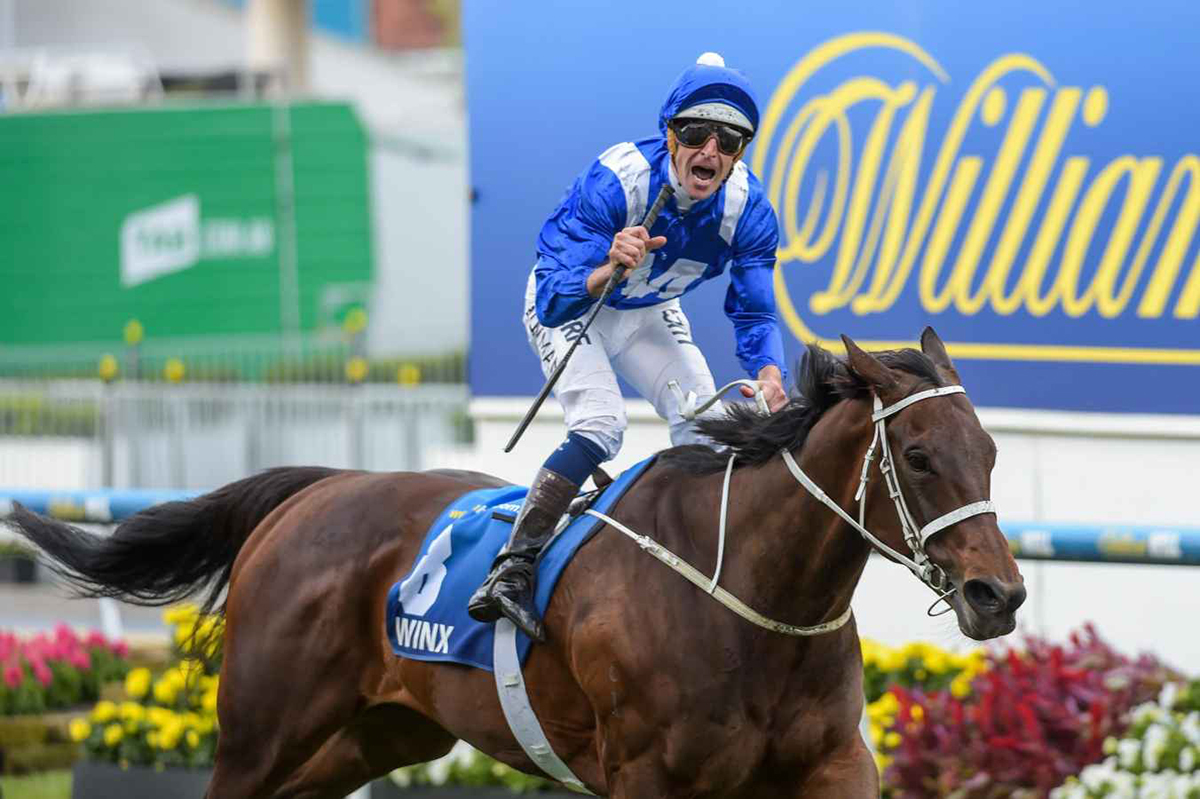
The racing industry and betting companies face the risk of losing significant revenue if a recommendation in a recent report on online betting is implemented. The report, released by the House of Representatives standing committee on social policy and legal affairs in June, proposed 31 recommendations primarily focused on betting advertising and its impact on problem gambling.
While the recommendation to gradually ban all betting ads over three years has received criticism from the betting industry, sports bodies, and television networks, the bipartisan committee unanimously supported all 31 recommendations. However, it is Recommendation 16 that has caused the most concern within the wagering industry, with one executive describing it as a “ticking time bomb.”
According to the report, Recommendation 16 suggests an immediate prohibition on all online gambling inducements and inducement advertising. Sources within the gambling industry have informed The Australian that inducements, including bonus bets, money-back offers, and increased odds on specific races or events, account for up to approximately 30% of betting turnover for certain companies.
If inducements are banned, wagering industry executives warn that not only will their revenue be significantly reduced, but state governments will also experience a decrease in revenue generated through point of consumption taxes and funding to the racing industry based on betting turnover. Estimates suggest that up to $100 million in point of consumption taxes could be lost.
Responsible Wagering Australia, an organisation representing bookmakers such as bet365, Betfair, Neds, Ladbrokes and PointsBet, has expressed concerns that the ban could lead punters to turn to banned foreign operators. The organisation argues that the committee’s recommendation disregards international evidence and the safety of Australian punters. Additionally, they highlight the potential loss of billions of dollars in product fees and taxes that onshore providers pay, which offshore providers do not.
While fewer betting industry executives oppose the ban on advertising inducements, which is already restricted in some jurisdictions, Communications Minister Michelle Rowland has initiated discussions with wagering industry executives to address the committee’s recommendations. The proposal to ban betting advertising has received mixed reactions within the industry, with Tabcorp’s CEO supporting the move, acknowledging the excessive proliferation of gambling advertising.
On the other hand, Barni Evans believes that significantly reducing the number of ads, rather than implementing complete bans, would address community concerns while still supporting sports and media. Additional recommendations from the report include the establishment of a federal minister dedicated to reducing online gambling harm, the introduction of a new national regulator, and modifications to behavioural algorithms in gambling company apps.
However, it is the call to ban betting advertising that has garnered the most attention. Labor MP and committee chair Peta Murphy argues that gambling advertising contributes to grooming children and young people to gamble and encourages risky behaviour. Opposition Leader Peter Dutton has also voiced his support for banning betting ads during sports broadcasts, stating that the extensive presence of such ads normalises gambling for a young audience.
The first phase of the proposed betting ad bans could potentially be implemented later this year.
More horse racing news